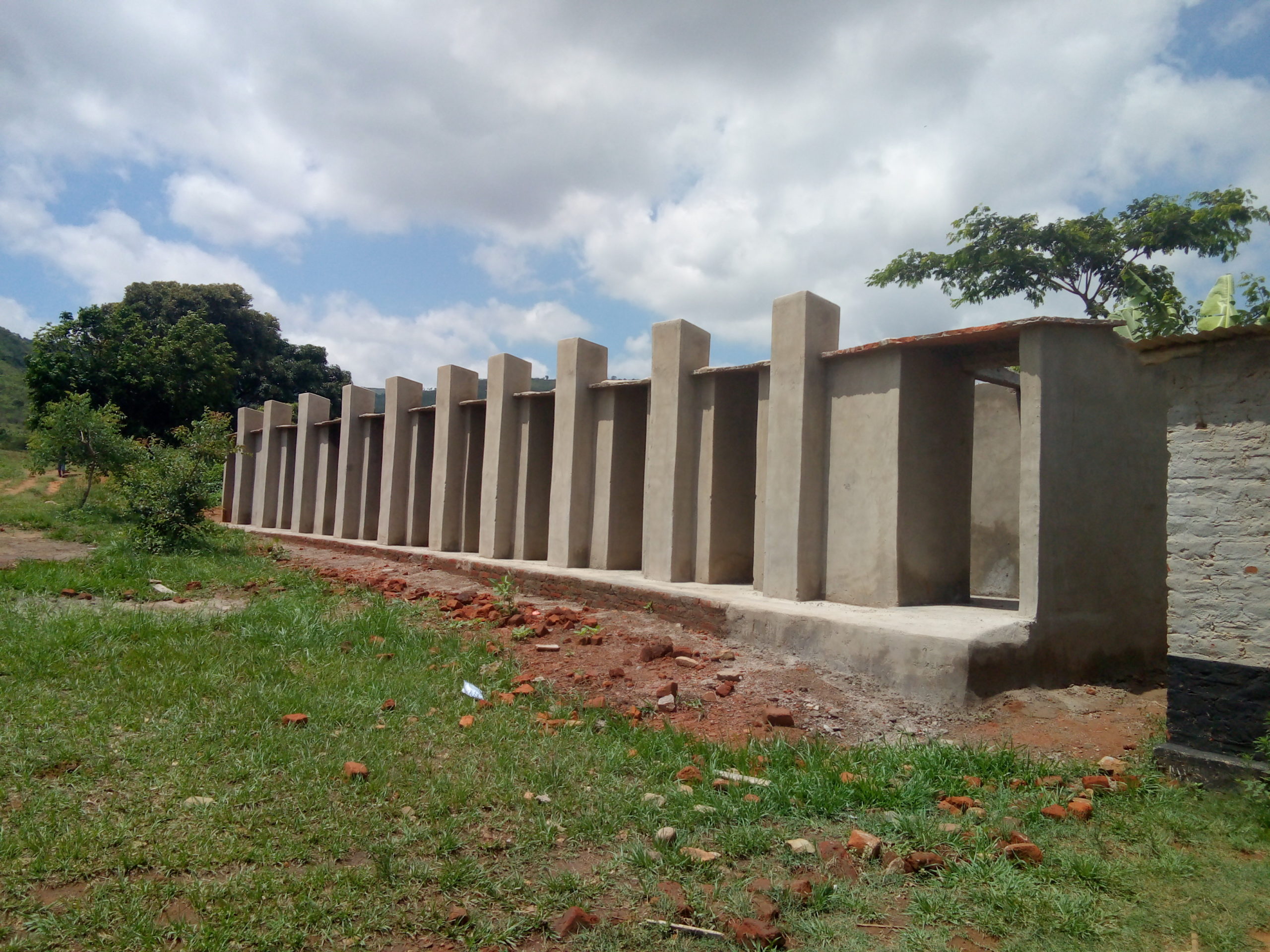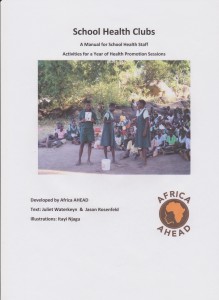SDG 4: QUALITY EDUCATION
School Health Clubs (SHC)
Schools are the central organisation of most rural areas, as all children attend at least some schooling. Our objective is to reach not only the parents of school children in CHC but also the children themselves through their schools. We therefore run trainings for School Health Facilitators to be trained to run an extra mural School Health Club in the school. This is an optional extra for kids and usually involves the mmore senior classes, reinforcing key messages learnt in the CHC, so that parents and children are all on the same page, each encouraging each other to improve hygiene standards in their home.

Click below to see some examples of School Health Club Programmes
Extract from Annual Report 2011. p. 13.
Our next visit was to a School Health Club in ward 27 of Masvingo Rural. The headmistress guided us around the school grounds were a tippy tap was to be found outside each classroom as well as outside the latrines. She advised that now the books are lasting longer as the children are keeping them clean and that it is the responsibility of the teacher and pupils within each class to ensure soap and water are kept at the tippy tap station at all times. The grounds of the school were immaculate and even the teachers homes which are found on the school grounds must now be maintained to a high standard of cleanliness.
“The school books are now cleaner as the children wash their hands at the entrance to the classroom, as opposed to having the handwashing facilities at the toilet only”
“if this pump breaks again I won’t need to ask anyone for help. I know exactly what to do. I am now as good as any pump mechanic”
Headmistress for Fusira Primary School, Ward 27, Masvingo Rural
Menstrual hygiene at school
Whilst most girls now attend at least primary school in Zimbabwe, girls often miss many days during the month due to need to help out in the home, or when menstruating as there are no facilities at school, or due to early pregnancy. This leads to lower grades and higher drop out rates for girls compared to boys. CHC members are taught the importance of keeping their girl children at school for as long as possible, as well as providing training for school children in school health clubs.
Whilst menstration is often taboo subject traditionals, in SHCs the whole issue of menstration is explained and both boys and girls understand reproductive issues. Boys are taught to have respect for girls, and even shown how to make reusable sanitary pads to take care of thier sisters and ensure they feel comfortable coming to school during their menstrual period.
- They learn life skills for avoiding pregnancy and make informed decisions
- They are taught how to make sanitary towels and manage menstruation.
- They are more likely to stay at school longer if their mothers can raise money for school fees
- Literacy skills are taught in health clubs for illiterate members
- Any learning difficulties are identified early and students supported
Standard Activities undertaken by School Health Clubs
- Handwashing with soap at school
Children learn how to make a tippy tap and each classroom has one outside its door, so that on arrival at school all students must wash their hands thoroughlty with soap.
- Good Sanitation at School
The SHC is often in charge of keeping the School latrine block clean and maintained. They learn the importance of a Ventilated pit latrine for reducing the breeding of flies; they learn about eco-sanitation whereby faeces are recyled into the fields in a safe way, and dry sanitation whilst urine is seperated and used for increasing soil yields. They know how to wash their hands well after the toilet.
- Good Nutrition:
A large nutrition garden is established at the school to enable students to practice organic farming and produce vegetables for their own consuption at school. They learn about a balanced diet and how to ensure they buid immunity through a good diet.
- Protecting the Environment
School club members do practical projects such as mapping their area: they look for areas of soil erosion and help regenerate the soil; they collect local indigenous trees and make seed nurseries to ensure future replanting of trees to prevent deforestation. Each school has a wood lot of gum trees to enable future generations have firewood. They learn how to make fuel efficient stoves so as to use less firewood. They help their parents to understand how to protect wild animals and the value of trees so as to have a safe environment in the future.

